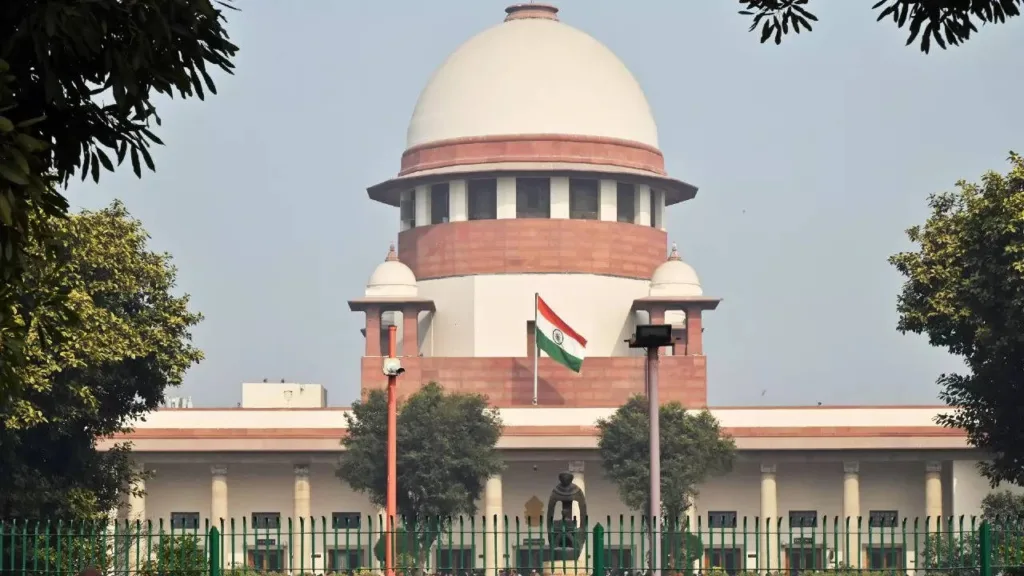Supreme Court unanimously strikes down Electoral Bonds Scheme

In a landmark decision, the Supreme Court of India has unanimously deemed the Electoral Bonds scheme unconstitutional, highlighting its infringement on the right to information (RTI) and Article 19(1)(a). Chief Justice of India (CJI) DY Chandrachud emphasized the unanimous nature of the five-judge bench’s decision, with slight variations in reasoning between himself and Justice Sanjiv Khanna. The matter was heard by a five-judge bench comprising the CJI, Justices Sanjiv Khanna, BR Gavai, JB Pardiwala and Manoj Misra.
Key Statements and Rulings:
1. Anonymous Bonds Violate Rights: CJI Chandrachud asserted that anonymous electoral bonds violate the right to information and freedom of expression (Article 19(1)(a)), reflecting concerns about transparency in political funding.
2. Unconstitutional Amendment to Companies Act: The Supreme Court declared the amendment to the Companies Act, allowing blanket corporate political funding, as unconstitutional. The court emphasized that contributions by companies, being purely business transactions, could wield a graver influence on the political process compared to individual donations.
3. Banks Ordered to Stop Issuing Electoral Bonds: The State Bank of India, the issuing bank, received an order from the court to cease issuing electoral bonds. Furthermore, the bank is required to furnish details of donations through electoral bonds and the corresponding political parties to the Election Commission by March 6.
4. Disclosure for Accountability: The Election Commission has been directed to publish all details of electoral bonds on its official website by March 13. Any uncashed bonds will be refunded to the purchaser’s account after this disclosure.
The court dismissed the notion that the electoral bonds scheme could justify itself by claiming to curb the flow of black money, emphasizing the need for a balance between privacy and transparency in political contributions.
Electoral Bonds Scheme:
The electoral bonds scheme, introduced on January 2, 2018, allowed donors to anonymously contribute funds to political parties by purchasing bearer bonds from the State Bank of India. These bonds, available in denominations from Rs 1,000 to Rs 1 crore, were interest-free and introduced through the Finance Act of 2017, amending several statutes.
Petitions Against Electoral Bonds Scheme:
Petitioners argued that the electoral bonds scheme compromised citizens’ right to be informed about the sources of political party funding, a fundamental right under Article 19(1)(a). Senior advocate Prashant Bhushan contended that the opaque and anonymous nature of the instrument promoted corruption.
Attorney General R Venkataramani defended the scheme, arguing that Article 19(1)(a) does not guarantee an absolute right to information regarding the source of funds. He maintained that the electoral bond scheme promoted transparency, clean money, and adherence to tax obligations, asserting that it did not violate existing rights.








